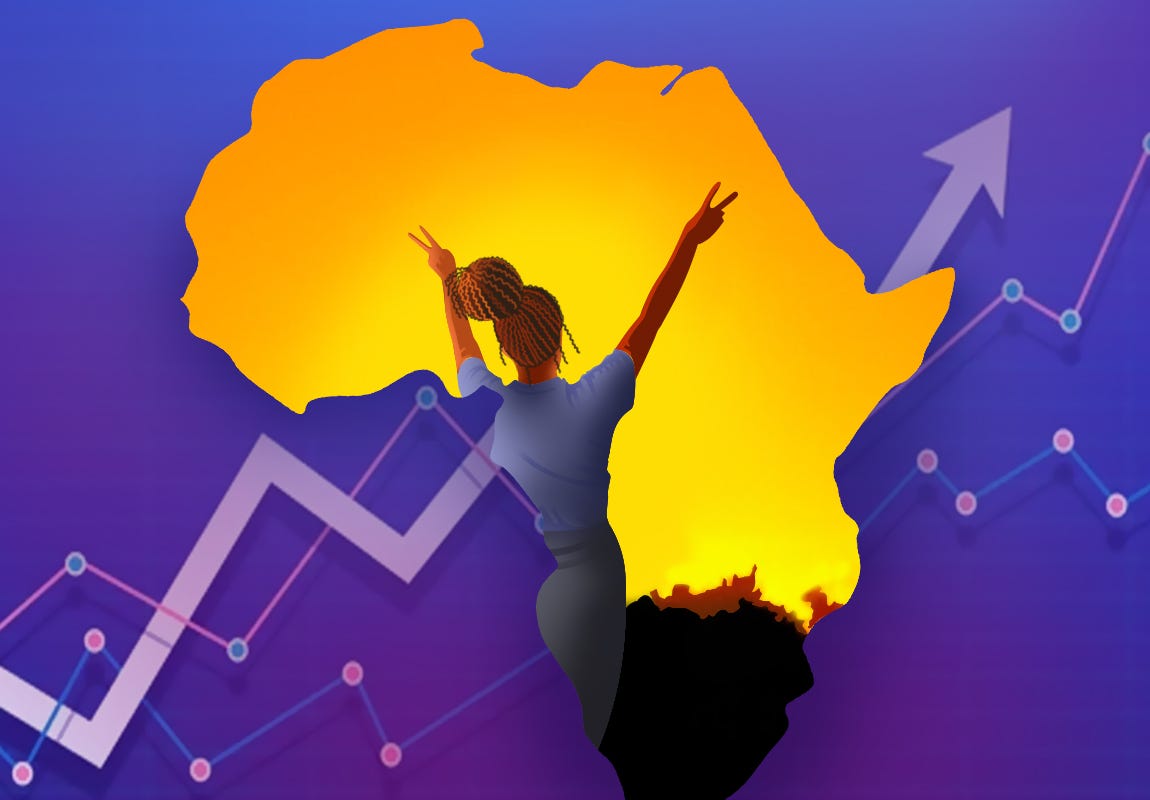Covid-19 has wrecked the life and livelihood of many people across the globe. It has shattered many small and large businesses; it has adversely affected the physical and mental well-being of a huge number of people.
Apart from this, the pandemic has aggravated the gender inequalities already existing in society. In places where women have struggled to overcome gender gaps and find a place in the forefront of society, covid has worsened the prospects. Small-scale, non-profit enterprises run by women almost disappeared during the pandemic period. The plights of female farmers have mostly gone unnoticed.
The female farmers’ productivity do take a hit during times of economic crisis as the productive inputs available to them are fewer compared to men.
A study by World Bank in sub-Saharan countries points out the reasons why the pandemic might have widened the gender gap. Women-led businesses primarily focussing on informal or low-paying sectors lack social protection - policies and programmes designed to reduce poverty or vulnerability in case of crisis. The female farmers’ productivity do take a hit during times of economic crisis as the productive inputs available to them are fewer compared to men. A reduction in healthcare services during times of crisis can hinder the growth trajectory of adolescent girls. Risks of gender-based violence also increases during times of crisis.
According to a study by World Bank, protecting households, supporting women-led businesses and securing female farmers’ livelihood are important in leading women to economic recovery. Cash transfer programmes are helpful in protecting households.
Women grow in confidence and their sense of responsibility and self-worth are boosted when they are given the opportunity to manage financial resources and take economic decisions on behalf of their families.
A study conducted in Nigeria by World Bank‘s Gender Innovation Lab shows that women who received cash transfers were more likely to work and start businesses, and experienced greater food security.
Digital money transactions
Financial transactions are made easy with the help of mobile phones. Prioritising the accessibility of mobile phones to women can help in smoother money transactions. Programmes which makes it easy for women to access smartphones and convenient funding should be encouraged.
If women are not involved in household finances, there is greater risk of gender-based oppression. Women grow in confidence and their sense of responsibility and self-worth are boosted when they are given the opportunity to manage financial resources and take economic decisions on behalf of their families.
Studies held in Zambia show that providing financial assistance directly to women could help reduce domestic violence.
Protecting female entrepreneurs
We have discussed in our previous articles the gender gaps existing among entrepreneurs in Africa. According to a study by World Bank, women are more likely to abandon their businesses in Ghana, Kenya, Nigeria, and South Africa than their male counterparts.
The situation of female entrepreneurs can be improved by
1. Providing small loans and credit services regularly
In its first year, the Women’s Entrepreneurship Development Project collected $23.3 million for female entrepreneurs. The entrepreneurs who got the assistance achieved a profit of roughly 40% after three years, and 99.1 % of them have been able to repay the amount fully
2. Promoting banking services
Promoting financial inclusiveness through spreading awareness of banking services had a positive effect on female entrepreneurs in Malawi. They learnt more about financial aid and the banking system. Through financial inclusiveness women entrepreneurs have been able to raise their profits by an average of 20%. Access to mobile phones also played a significant role as they facilitated access to internet banking services.
3. Encouraging women to come up with new ideas
A competition was held in Nigeria for bringing in innovative business plans. Women who were initially reluctant to come forward with new ideas gained confidence as a result of this initiative and were able to set up their businesses successfully.
4. Providing and expanding women’s education
It is essential to educate women about how to handle and maintain financial resources. Financial literacy programmes held in Togo helped women-led businesses increase their profits by an average of 40%. Female entrepreneurs were given education and training around where and how to invest their monies prudently. The programmes were held online as well as offline. Both male and female entrepreneurs gained from these extensive training programmes.
Protecting female farmers during crises
A research conducted by World Bank shows over 90% of the population in Sub-Saharan Africa who are extremely poor are farmers. Women account for 40% of the total number of farmers. During and after the pandemic, farmers suffered huge losses, and this worsened their economic plight.
There are many ways to help farmers especially women farmers tide over such crises. Some of the ways include the following:
1. Providing productive inputs such as animals, equipment, herbicides and hired labour directly to female farmers
2. Using mobile phones to disseminate information.
3. Improving the farmers’ access to high-quality fertilisers
4. Encouraging couples to share agricultural decisions, thereby managing the crises in a more gender-equitable way.
5. Including a call centre or a helpline number along with a digital call service for agricultural advice.
Now put on your thinking hats and think about the following questions for a couple of minutes.
Can you think of the ways of in which we can help women achieve financial freedom?
Do you think that providing access to mobile phones will help women manage financial resources?
Can you think of the ways in which covid 19 affected the productivity of female entrepreneurs?
Write down your thoughts and discuss them with your students, children and your colleagues. Listen to their views and compare them with your own. As you listen to others, note how similar or different your views are to others’.
Thank you for listening. Subscribe to The Scando Review on thescandoreview.com.
Happy Teaching!














How to help women and women entrepreneurs overcome Covid crisis